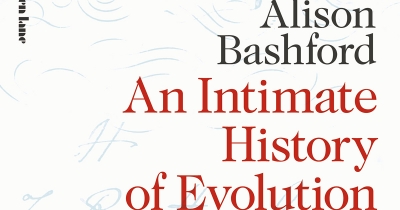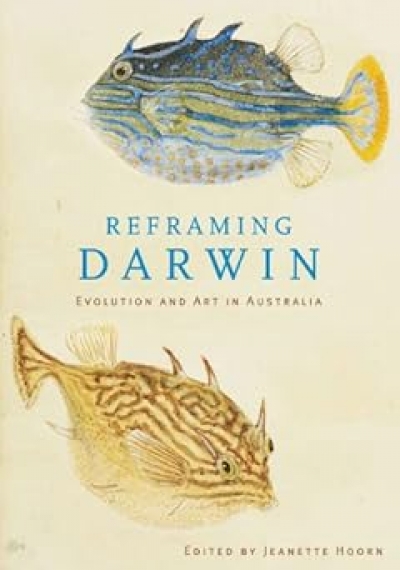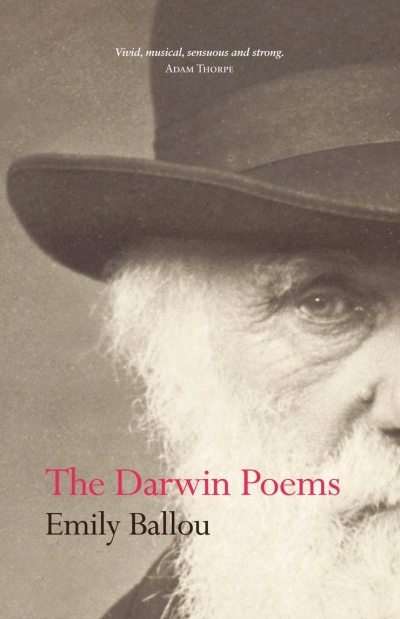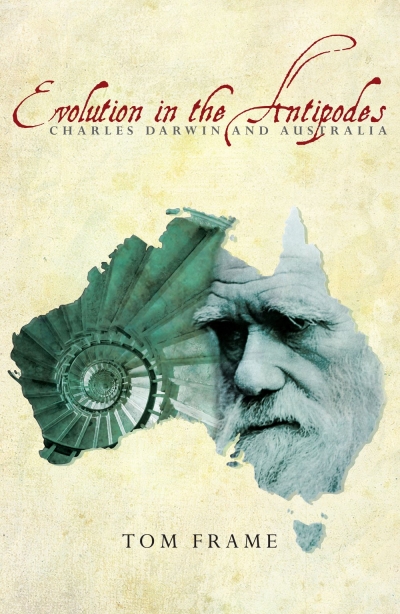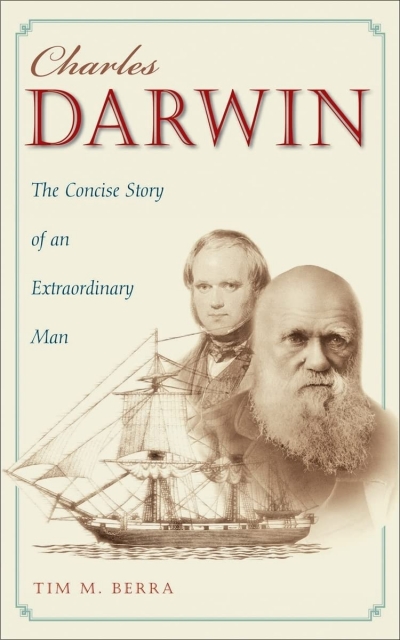Charles Darwin
An Intimate History of Evolution: The story of the Huxley family by Alison Bashford
by Gary Werskey •
Reframing Darwin: Evolution and art in Australia edited by Jeanette Hoorn
by Jane Goodall •
Evolution in the Antipodes: Charles Darwin and Australia by Tom Frame
by Cameron Shingleton •
Charles Darwin by Tim M. Berra & Darwin’s Armada by lain McCalman
by David Lumsden •

